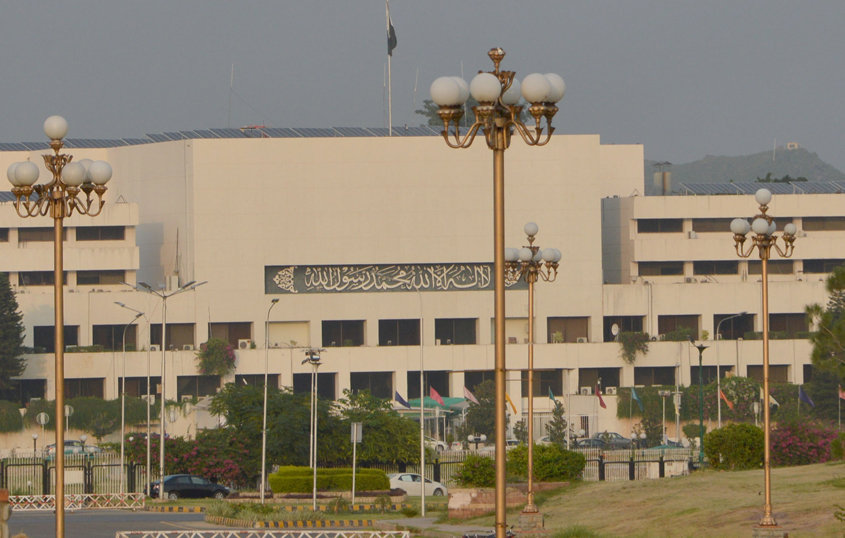
The committee also asked the Ministry of Law and Justice whether the Council of Islamic Ideology (CII) should be abolished after the ministry’s secretary expressed his personal view that “it is of no use now”.
Senator Murtaza Javed Abbasi chaired the committee meeting where Law Minister Zahid Hamid requested the members to approve the bill so that the process for the protection of whistle-blowers could begin. “Eventually amendments will be made to plug the loopholes that will emerge over the time,” he said.
Whistle-blower protection bill sails through NA
According to the statement of objects and reasons of the bill, “Modern day economic crimes, including money-laundering, fraud, embezzlement, kickbacks, commissions and other forms of corruption and corrupt practices, have become increasingly complex and difficult to investigate.”
It adds that persons disclosing information relating to these crimes in the public interest (whistle-blowers) are often subjected to retaliation in the form of discrimination, intimidation, abuse, unjust disciplinary action, including dismissal, and even threats of physical harm to them and their families.
The proposed law aims at “protection of persons making such public interest disclosures by reporting in good faith acts of corruption to effectively combat such activities to support accountability and clean working environment”. It maintains that protection of such persons is a major concern for the government.
The minister said the passage of the legislation from parliament was also one of the instruments of international conventions for an effective anti-corruption mechanism.
Senator Murtaza Wahab asked the minister if any such person approaching the National Accountability Bureau, Federal Investigation Agency or any such body would get the same protection. The minister said that it would be a different case as the person would have to go by the book. “They cannot protect every person like this.”
The sole purpose of the bill is to encourage and protect those in the government sector who are willing but fear reprisal for their acts, he said.
Bail of Kohistan whistle blower extended
The bill comprises 27 sections and under it any public servant or any other person may make a disclosure in public interest to the competent authority. Certain matters have been exempted from inquiry under this act, including any matter having been determined by a court or that prejudicially affects the sovereignty, integrity of Pakistan etc. Victimisation includes dismissal, suspension and denial of promotion.
The document also states that the federal government may apply the law to private sector and non-governmental organisations of public importance by notification in the official gazette.
The committee also discussed the role of the CII as the chairperson commented that “in presence of Shariat Bench what is the use of CII as nobody is taking it seriously and it’s becoming a burden on the government”.
On this Law and Justice Secretary Karamat Hussain Niazi commented in his personal capacity that the “CII is not required”.
Senator Saifullah Magsi said a standing committee could not comment on the role of such a body. The chairperson sought a reply from the ministry in the next meeting about the future need of the CII.
Senator Sehar Kamran’s plea for one-third female members in the CII was turned down by the committee.





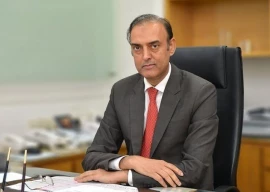
1730379446-0/WhatsApp-Image-2024-10-31-at-17-56-13-(1)1730379446-0-270x192.webp)
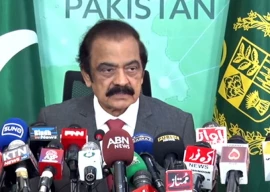

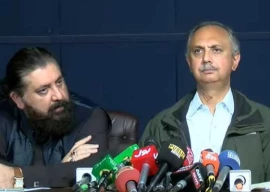
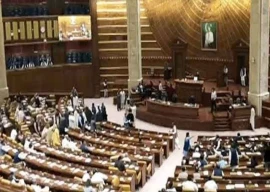






COMMENTS
Comments are moderated and generally will be posted if they are on-topic and not abusive.
For more information, please see our Comments FAQ